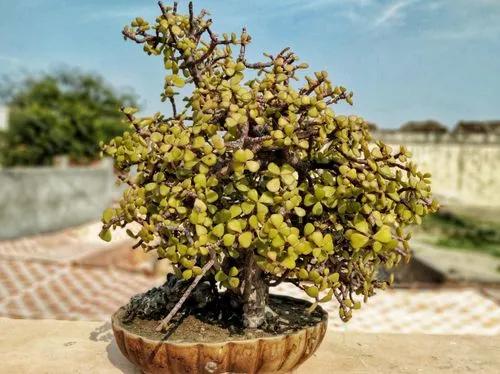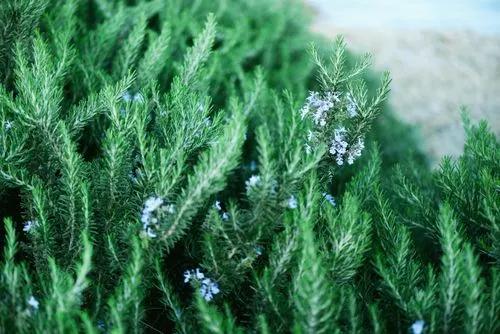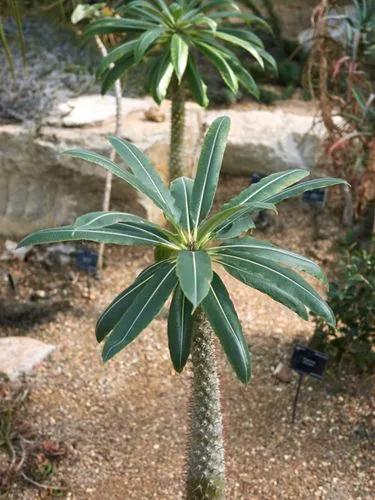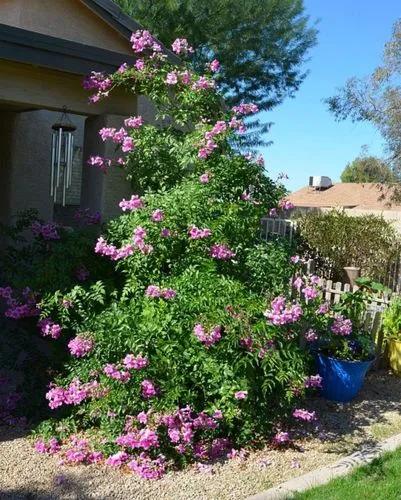The “Easter Egg” eggplant provides a plant that is as ornamental as it is edible. The small eggplant produces white egg-shaped fruits that resemble hen's eggs, but later develop into pastel colored eggs in shades of yellow and orange. “Easter Egg” requires frost-free and warm summer weather. Its small size makes it suitable for smaller gardens and container planting. Grow “Easter Egg” plants from purchased seedlings or seeds started indoors so you have a head start on the growing season and to ensure the plant has time to mature and fruit.
Easter Eggplant Care
Solanum ovigerum



What is the plant
How to Care for the Plant

Water

Water the eggplant about once weekly, or when the soil begins to dry to a 1-inch depth. Supply each plant with about 1 inch of water or enough to moisten the top 6 to 8 inches of soil.

Pruning

Cut each mature eggplant from the branch with shears. Pulling on the eggplants may break branches and cause plant damage.

Sunlight

At least six hours of sunlight each day. If growing indoors, place under a grow light or in an area that gets plenty of light.
Ease your plant care routine with PlantIn's personalized system.

Soil

To prevent waterlogged roots, use a well-drained soil.

Popularity

63 people already have this plant 20 people have added this plant to their wishlists
What's wrong with your plant?
Related Plants
Discover more plants with the list below
Popular articles






